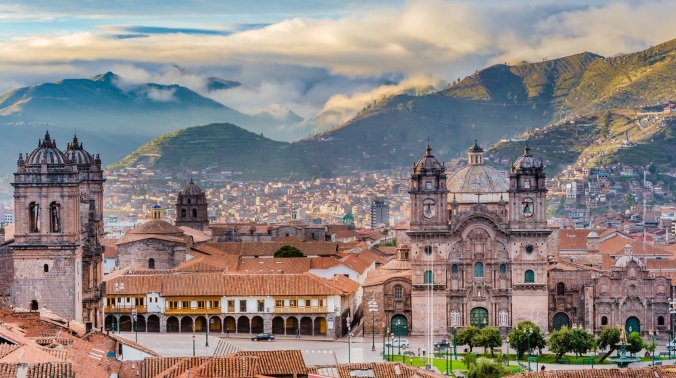As individual states and the federal government remain locked in conflict over legalizing cannabis in the United States, Peru’s congress has overwhelmingly passed a measure to allow the cultivation of medical cannabis and the sale of cannabis oil throughout the country. The bill, approved on October 19, 2017 — by a vote of 67-5 — comes just months after a much-publicized police raid on a private cannabis lab dedicated to making medicines to treat children with severe epilepsy and other conditions.
With its recent vote, Peru becomes the fifth South American country to legalize cannabis for medical purposes — joining Argentina, Chile, Colombia, and Uruguay. Uruguay has also legalized the plant for recreational use. The current bill was passed with the backing of Peru’s president, Pedro Pablo Kuczynski, who came on board after news broke about the police raid in Lima in February 2017.
The police action involved an in-home cannabis oil operation run by Buscando Esperanza (Seeking Hope), a group of parents with severely ill children whose conditions were helped by cannabis. The incident highlighted the need to provide access to cannabis products for people with medical conditions such as epilepsy, and chronic pain.
Research reveals that in addition to reducing seizures in treatment-resistant epilepsy, cannabis oil can be useful in reducing symptoms of anxiety, depression, and autoimmune disorders, such as fibromyalgia. It may also play an important role in suppressing the formation of cancerous tumors and can relieve the symptoms of post-traumatic stress disorder (PTSD).
Peru’s new legislation focuses on allowing the cultivation of cannabis for medicinal use within the country, and for the production, importing, and commercialization specifically of cannabis oil. From the date of passage, the legislature has 60 days to draft a slate of rules and regulations to govern the production and sale of cannabis throughout the country. But the new law still concerns cannabis activists, including members of Buscando Esperanza, who say that it restricts the production of cannabis oil to a select few local enterprises when wider access is needed.
The scope and limitations of Peru’s new cannabis laws may still be up for debate. But this landslide vote represents a significant step forward for access to medicinal cannabis in South America — and an example for other countries struggling to reconcile marijuana’s notorious reputation with its documented therapeutic benefits.

